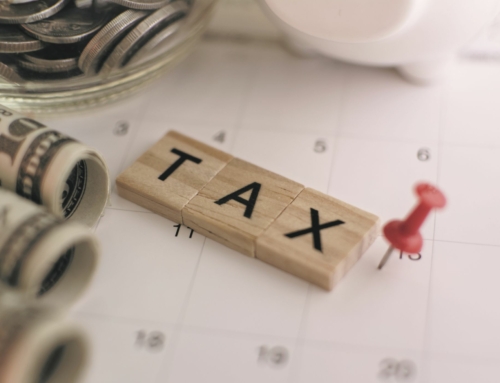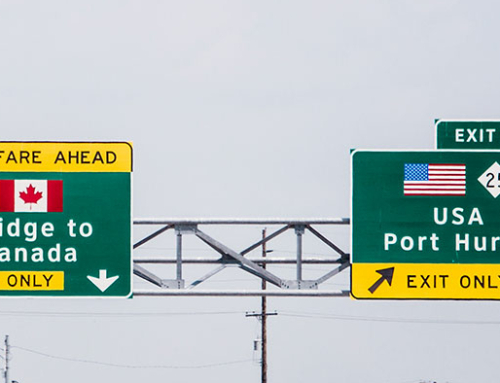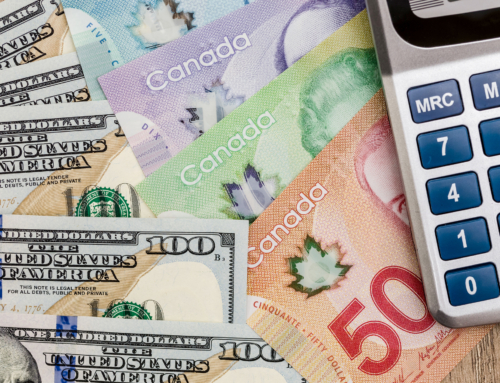
David A. Altro is a frequent contributor to Paul Delean’s business column in the Montreal Gazette. Click here to view the article online or scroll down to read David’s answer to the second question.
Pensions will be paid to Canadians living in U.S.
PAUL DELEAN
The Gazette
Monday, January 7, 2013
Moving to the U.S., buying property in the U.S. and selling U.S. stocks were among the topics raised in the latest batch of reader questions. Here’s what they wanted to know.
Q: I am a 60-year-old male who is collecting Quebec Pension Plan. I plan to get married next year to a lady from Florida, sell my house and move to Florida. Will I still be eligible to receive QPP? Also, when I turn 65, will I still be able to receive Old Age Security?
A: Yes for QPP and yes for OAS (as long as you lived in Canada at least 20 years after age 18). To continue receiving QPP, you simply need to notify the Régie des rentes of your new address; it will even make the monthly payment by direct deposit, in U.S. dollars, to a banking institution near you if you wish. Ditto with OAS; you just have to complete the application form and return it to Service Canada six months before turning 65 to start collecting it at the earliest possible time.
The maximum OAS benefit is paid to those who resided at least 40 years in Canada after age 18, although it does get rolled back if your individual income exceeds about $66,335. The amount you get each month may differ slightly because of the shifting exchange rate on the U.S. dollar.
Q: We are buying some rental properties in Florida and would like to know if we have to file income taxes in the U.S. and Canada. Also, can we bring money back to Canada?
A: Cross-border tax expert David Altro said you must declare any income generated in the U.S. to the Internal Revenue Service (IRS) and, if applicable, the state where it was earned. “Moreover, as Canadians, you have an obligation to declare your worldwide income to the Canada Revenue Agency.” For the U.S., you’ll need to file an IRS 1040 NR tax return, along with your Canadian returns. “Fortunately, the Canada-U.S. tax treaty provides relief and, by a foreign tax-credit mechanism, there is no double taxation,” Altro said. “Once the taxes have been paid, you are free to leave the money in the U.S. or bring it back to Canada.”
Q: I have U.S. stocks that I’ve owned for many years and I’m thinking of selling. How do I figure out the capital gains/losses?
A: You’ll need the currency conversion rate from the times you bought, sold and/or had dividends reinvested. Canada Revenue Agency provides that information on its website at www.cra.gc.ca/exchangerates.
The conversion rates allows you to determine your acquisition and disposition costs in Canadian funds. That’s what counts for the determination of the gain or loss, not the actual U.S. dollar increase (or decrease) of the stock over the time you owned it.
The Gazette invites reader questions on tax, investment and personal finance. If you have a query you’d like addressed, send it to Paul Delean, Gazette Business Section, Suite 200, 1010 Ste. Catherine St. W., Montreal, Que., H3B 5L1 or to by email to pdelean@montrealgazette.com







